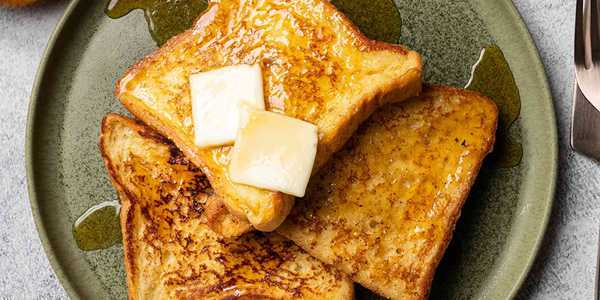The Ultimate Guide To No-Cook Camping Meals: Simple, Nutritious, And Fire-Free
Not every camping trip allows for a roaring campfire or access to a stove. Fire bans, rainy weather, or limited preparation time can quickly derail plans for hot meals. That is where camping-friendly no-cook meals come in handy. They save time, require little to no cleanup, and can be enjoyed by anyone, whether travelling in an RV, car camping, backpacking, or simply pitching a tent in the woods.
Key Considerations Before Choosing Camping-Friendly No-Cook Meals
Before packing up, there are essential points to weigh:
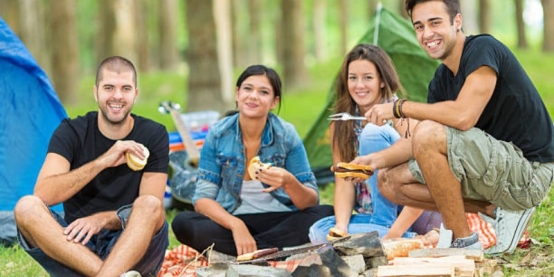
Storage & Preservation
Some trips allow for the luxury of a cooler with block ice, while others require only shelf-stable camping food.
Perishable foods like yoghurt, precooked pasta salads, or deli meats should be eaten early in the trip, while dried or packaged foods last the longest.
Portioning & Packing
Backpackers need lightweight, compact options such as pre-portioned nut butter packs or instant noodles for cold soaking.
Campers with cars or RV travellers have more space and can bring hearty wraps, hummus cups, and bulk snack options.
Nutrition & Energy Needs
Active days of hiking and swimming demand meals balanced with healthy fats, protein, and carbohydrates. For instance, pairing bagels with peanut butter and dried fruit balances endurance with quick energy.
Food Safety
Keeping foods safe outdoors is non-negotiable. Perishable ingredients should be packed tightly, consumed quickly, and monitored for spoilage. U.S. Food Safety Guidelines emphasise paying attention to temperature control and freshness to avoid unnecessary risk.
Staple Ingredients for Camping-Friendly Meals
Bringing the right building blocks makes creating no-cook meals quicker and easier:
Proteins: Tuna or chicken pouches, nut butters, jerky, hard cheeses.
Carbs & Bases: Tortillas, crackers, bagels, shelf-stable rice or couscous packs.
Fruits & Vegetables: Apples, baby carrots, cherry tomatoes, dried fruit for snacks.
Healthy Fats: Avocados (on short trips), seeds, almonds, or olive oil packets.
Flavour Boosters: Single-serve condiments, salsa packets, or small spice blends.
No-Cook Breakfast Ideas for Campers
A good day outdoors starts with smart fuel. Some breakfast ideas include:
Overnight oats: Cold-soaked oats with powdered milk, nuts, and berries.
Yoghurt parfaits: Granola layered with dried or fresh fruit (cooler-friendly).
Nut butter wraps: Easy pairings like peanut butter and banana on tortillas.
Trail mix blends: Customise with chocolate, coconut flakes, and sunflower seeds.
Energy bars: Combine store-bought favourites with DIY oatmeal-peanut butter bars.
No-Cook Lunch Ideas That Travel Well
Lunch is often eaten on the move, so meals should be filling but portable:
Tuna salad wraps with mayo packets and tortillas.
Pita pockets filled with hummus and crisp veggies.
Cold-soaked ramen or couscous with spice packets.
Bagel sandwiches like PB&J, or cheese with cured sausage.
Grain bowls made with precooked quinoa or rice and beans.

Dinner Options That Require No Cooking
After a long day outside, no one wants to spend hours prepping food. These simple dinners work for any trip:
Tuna salad with crackers, cherry tomatoes, and cucumber slices.
Cheese, nuts, and cured meats served as a grazing board.
Hummus platter with pita, snap peas, olives, and carrots.
The mason jar pasta salad was prepared in advance and stored in the cooler.
This bean combines canned beans, corn, lime juice, and chilli powder.
Snack Ideas for Outdoor Energy
Snacks often bridge the gap between meals and provide on-demand fuel:
Jerky, whether plant-based or beef.
Energy balls made with oats, dates, and peanut butter.
Nut mixes with a balance of dried fruit and chocolate.
Cheese wedges or shelf-stable cheese sticks.
Electrolyte chews or chocolate for quick sugar boosts.
Kid-Friendly and Family-Friendly Ideas
Children often prefer simple, fun foods with variety:
These are easy wraps or roll-ups made with ham and cheese.
DIY snack boxes with crackers, cheese, apple slices, and raisins.
Cereal packs with powdered milk that can be mixed with water.
“Trail lunchables” with cured meat, crackers, grapes, and nuts.
Tips for Packing and Prepping For the Trip
Packing efficiency saves headaches on the road:
Use individual servings for meals to keep bags organised.
Eat perishable items first before relying only on shelf-stable supplies.
Manage cooler space with block ice (lasts longer than cubes).
Store food in vacuum-sealed bags or stackable containers.
Food Safety During Outdoor Adventures
Outdoor dining comes with unique safety risks. Be aware that:
Most deli meats last only a day in a cooler with ice.
Hard cheeses and cured meats last longer without refrigeration.
Food should be thrown out if it shows spoilage signs such as sour smells, slimy textures, or discolouration. Centres for Disease Control and Prevention provides clear guidelines on preventing foodborne illness during outdoor activities.
Sample 3-Day No-Cook Camping Meal Plan
Day 1 (Cooler-Friendly)
Breakfast: Yoghurt parfait with granola and strawberries.
Lunch: Turkey and cheese wrap with peppers.
Dinner: Pasta salad with vegetables.
Snacks: Trail mix, jerky, apple slices.
Day 2 (Mixed Meals)
Breakfast: Overnight oats with chia seeds.
Lunch: Couscous salad with beans and salsa.
Dinner: Hummus platter with carrots, olives, and pita.
Snacks: Protein bites, dried apricots, cheese wedges.
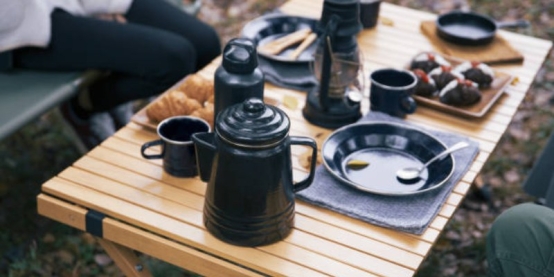
Day 3 (No Cooler Options)
Breakfast: Nut butter and banana tortilla.
Lunch: Bagel with peanut butter and raisins.
Dinner: Tuna with crackers, cherry tomatoes, and nuts.
Snacks: Energy bars, chocolate squares, nut mix.
Planning Makes All the Difference
Camping adventures do not need to feel complicated. Having a set of camping-friendly no-cook meals ensures trips run smoothly, without Stress over food preparation. These meals are easy to assemble, safe, nutritious, and save valuable time outdoors. With smart packing and an understanding of food safety, meals remain enjoyable whether travelling light or camping with the whole family. REI emphasises that proper planning is the simplest way to ensure a trip remains fun, safe, and energised.
Sources
Related Posts
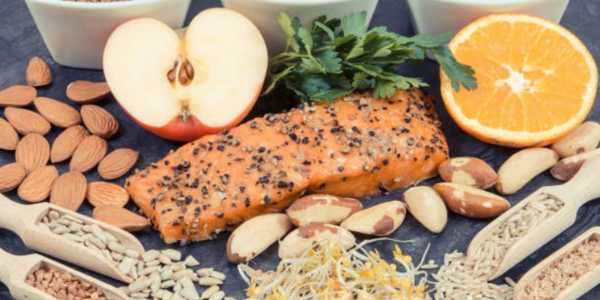
How To Support Thyroid Health With Nutrition

The Role Of Diet In Managing Autoimmune Diseases
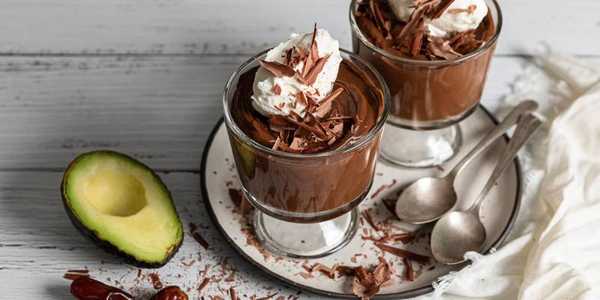
Vegan Chocolate Avocado Mousse: Creamy Without Dairy
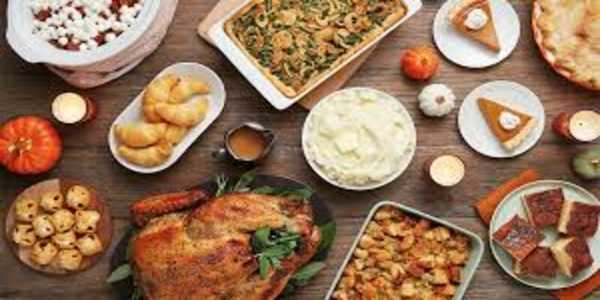
Easy Make-Ahead Thanksgiving Side Dishes That Save Time
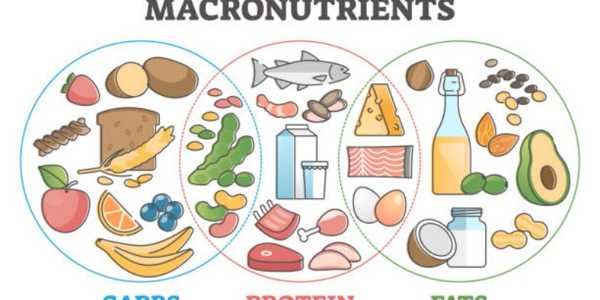
Understanding Macronutrients: Carbs, Proteins, And Fats
